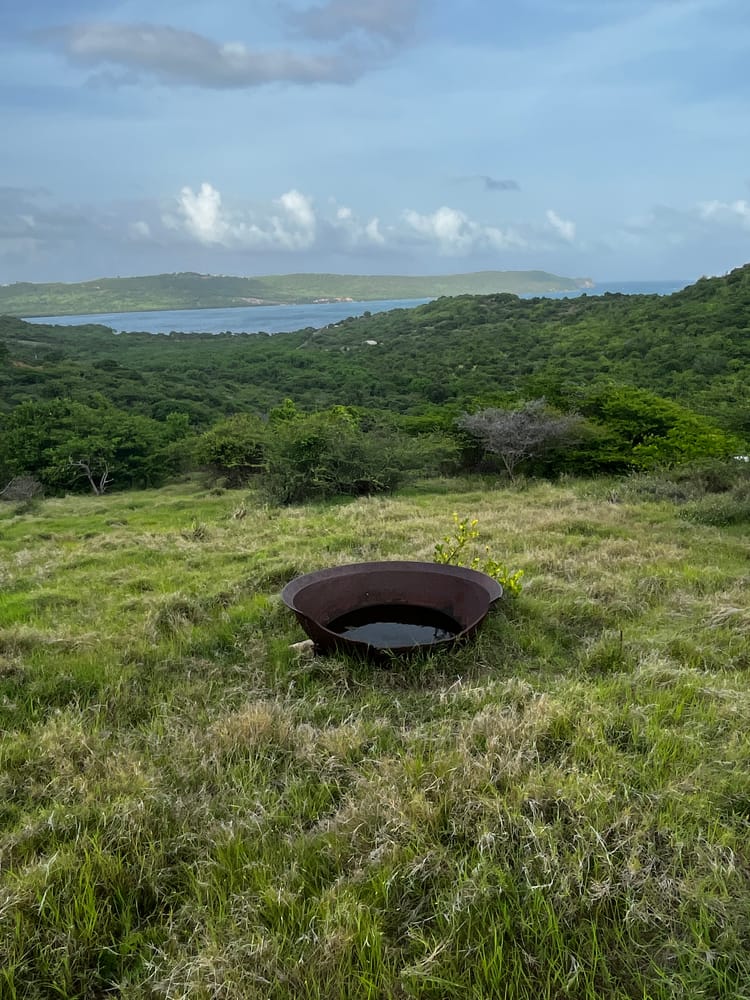Balancing Globalization with Local Living: Navigating a Changing World

Exploring the Shift Towards Localized Lifestyles in a Globalized Era
Globalization is great. I lived my career promoting it at the local and international policy level or the practical level of moving goods and people via air transportation. My work helped people as far away as Europe eat sweet potatoes and bananas from St. Lucia and shrimp from Guyana.
Because of air transport, we can move vaccines to remote parts of the world fast enough to smother the attacks from a global pandemic. Electronic products, robotics, and professionals can move across borders to promote efficiency and production. Trade is in my veins. I, too, travel across borders to transmit knowledge of my expertise to other countries. But, because of my origins, I ask myself, do we need more local living?
BOOK YOUR NEXT TRAVEL USING MY EXPEDIA LINK
Recently, I spoke with a friend about the crisis in Ukraine. The conversation reminded me about how fickle globalization can become. Countries like Germany and Italy must decide how long they will remain dependent on accessible energy from Russian fossil fuel. Germany imports 55% of its gas from Russia and Italy 50%. The US plans to increase its export of natural gas to Europe to compensate for the instability of Russian gas.
But that's shifting dependency to someone else. Later, the US could be the aggressor country, depending on who is in charge. Consumerism—that fancy dinner of Norwegian salmon for making Japanese sushi in Frankfurt—may have to change. That supply chain process could only occur because technology, creativity, and oil merge. Globally, the consumerism of some goods may have to change to save the environment.

Politicians love to kick the can.
The same message goes for small countries like my Caribbean friends. As politicians tend to do, they kick the can down the road due to their short-term horizons. Politicians delayed decisions about retraining their workforce to get out of mono-crops to maintain power.
They waited until much of the Caribbean lost preferential treatment for these mono-crops. At the WTO level, trade policy talks have continued for years about the juxtaposition of Net Food Importing Countries (NFIDCs), the need for Food Security among countries of the Global South, and open trade without excessive subsidies. I love to travel and be in exotic places. Like many friends and family, I get cabin fever if I cannot see other sites for a while. But, there is an advantage to more local living.

Food Sharing Culture
Big cities have little food outside of grocery stores. I signed up to receive organic food grown by Georgia farmers so that I could eat more fresh and local produce. Growing up in Antigua, we had food growing in our backyard. We had fruit trees and vegetables, plus chickens and livestock.
Whatever we did not have, we would barter with others who also had vegetable gardens and fruit trees. If someone was short of seeds or their crop got a disease, we shared seeds and plantings to help them re-propagate their crops because they did the same for us. The result was we all had an abundance of food, even those without land and crops. Even after selling a stock, the farmers had more than they needed, so sharing was never a problem.
I noticed the same food-sharing culture of more local living when visiting a friend in Melle, France. We would go out all day to see a friend or go sightseeing and return home to find a basket of fruits, vegetables, butter made by a neighbor, and locally made schnapps on the front step. The neighbors made schnapps from fruits from my friend's backyard. Did I mention how good the schnapps was after dinner and before bedtime?
Similarly, we would visit an old lady friend with an apple orchard. We would pick organic apples. We knew they were organic because of the wormholes. In Antigua, the fruit for picking would be mangoes, sugar apples, cherries, plums, grapes, sea grapes, etc. Small communities naturally recognize the value of more local living.
What do you think about living in city life versus a small community where food is readily available?
Book your next business trip or vacation on my Expedia affiliate link.






Member discussion